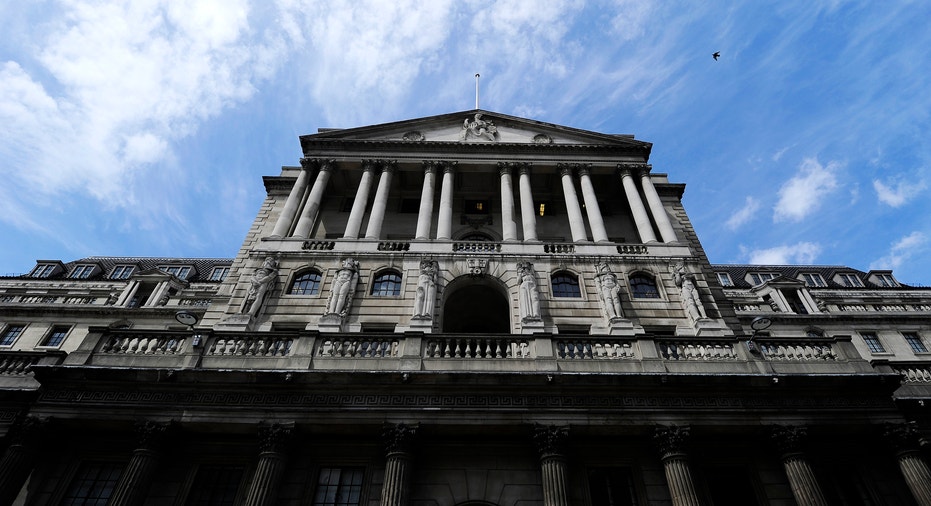Bank of England Poised to Cut Rates to Cushion Brexit Hit to UK

The Bank of England is set to cut interest rates for the first time in more than seven years as it tries to cushion the economy from the shock decision by voters to pull Britain out of the European Union.
Governor Mark Carney sent a clear signal two weeks ago that stimulus was on the way in an attempt to show the economy was in safe hands while the country's political leadership crumbled after the EU vote.
The central bank is expected to halve its benchmark interest rate to a new record low of 0.25 percent when its makes a monthly policy statement at 1100 GMT on Thursday.
Then, at its following meeting in three weeks' time, the BoE is likely to revive its massive bond-buying program, according to a Reuters poll of economists.
Carney has warned that the financial risks of Brexit were materializing after a slump in the value of the pound and the freezing of some commercial property funds by investment funds.
Data released early on Thursday showed interest among buyers in Britain's housing market tumbled to its lowest level since mid-2008, adding to early signs of the Brexit hit to the economy.
Allan Monks, an economist with J.P. Morgan, said a plunge in yields on British government bonds, pushed down by Carney's signal of swift action, had protected borrowers among businesses and households for now by offsetting a rise in credit spreads.
"The BoE needs to deliver on those expectations to prevent a tightening in funding conditions," Monks said.
The BoE has held its Bank Rate at 0.5 percent since March 2009, when the global financial crisis was hammering Britain. Before the referendum, it was widely expected to raise rates later this year or in early 2017, following the lead of the U.S. Federal Reserve as the economy picked up.
Now the question economists are asking is whether Britain can avoid falling back into recession.
The BoE has little hard evidence so far of how hard the referendum result has hit the economy.
The quicker-than-expected appointment on Wednesday of Theresa May as Britain's new prime minister has helped settle nerves in financial markets and reversed some of the pound's 13 percent slump against the dollar after the referendum.
But surveys and comments from retailers have shown a slide in confidence among consumers who drove Britain's recovery from the 2007-09 financial crisis. Hard data covering the post-referendum period is not expected until late July.
Nonetheless, the Bank has already lowered a capital requirement for banks in the hope of encouraging more lending.
Carney has expressed opposition to following the lead of the European Central Bank and the Bank of Japan by cutting rates below zero. Many economists say the BoE will instead revive its quantitative easing program of buying bonds to help the economy as it faces the prospect of years of uncertainty about its trading relationship with the EU and the rest of the world.
(Editing by Ralph Boulton)



















